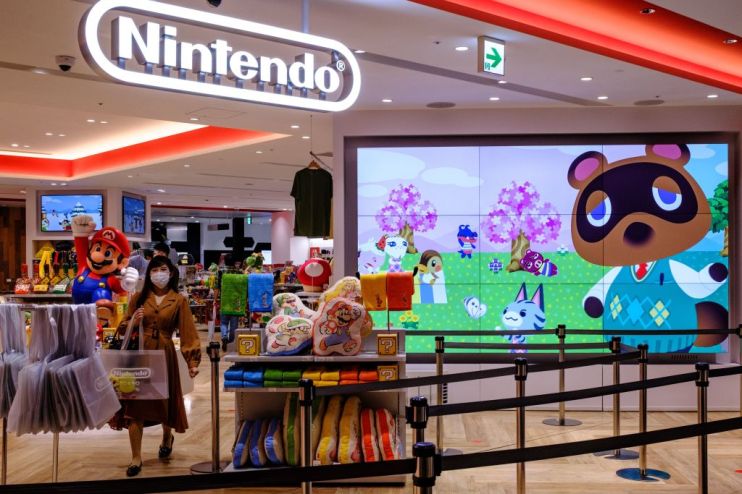Nintendo hit hard by global chip shortage and slowing game demand

A global chip shortage and a slowing demand for games has caused a significant blow to Nintendo’s profit, as the company struggles to sell to its Switch gaming console.
The gaming giant reported a 19 per cent decline to 172 billion yen (£4.6bn) in net profit for the first half of this fiscal year from the same period a year ago, which included hits like Animal Crossing: New Horizons.
The release of the Animal Crossing game in March 2020 set a high bar for Nintendo, selling over 14 million copies in the April-September period last year. Revenue also saw a 19 per cent drop to 624 billion yen (£4bn) for this year.
Looking forward, Nintendo President Shuntaro Furukawa said he saw “no signs of improvement” in the supply of semiconductors, essential to the production of the company’s consoles.
The Japanese-owned Nintendo expects to sell 24 million Switch consoles in the year to end-March, 1.5 million fewer than it had initially forecast.
However, Nintendo now expects annual net profit to fall 27 per cent, better than an earlier forecast of a 29 per cent decline. This is partly due to a positive impact from foreign exchange movements and higher-than-expected software sales it now sees.
The company revised up its annual software sales by 10 million copies to 200 million after the release of “Mario Party Superstars” last month while it also has other games from popular franchises lined up for the rest of the fiscal year, such as “Pokemon Legends: Arceus.”
Compared with a year ago, software sales will still be down 13 per cent, based on the revision.
Despite issues, Nintendo has been able to maintain stable digital download sales, which are highly profitable. Revenue from its subscription gaming service, Nintendo Switch Online, has also been high enough to support its profit margin. This is an area the company looks to continue.
Furukawa said, “We do not expect to be able to produce enough [consoles] to meet the expected demand for the holiday season… We are striving to produce as many units as possible with the cooperation of our production partners and suppliers.”